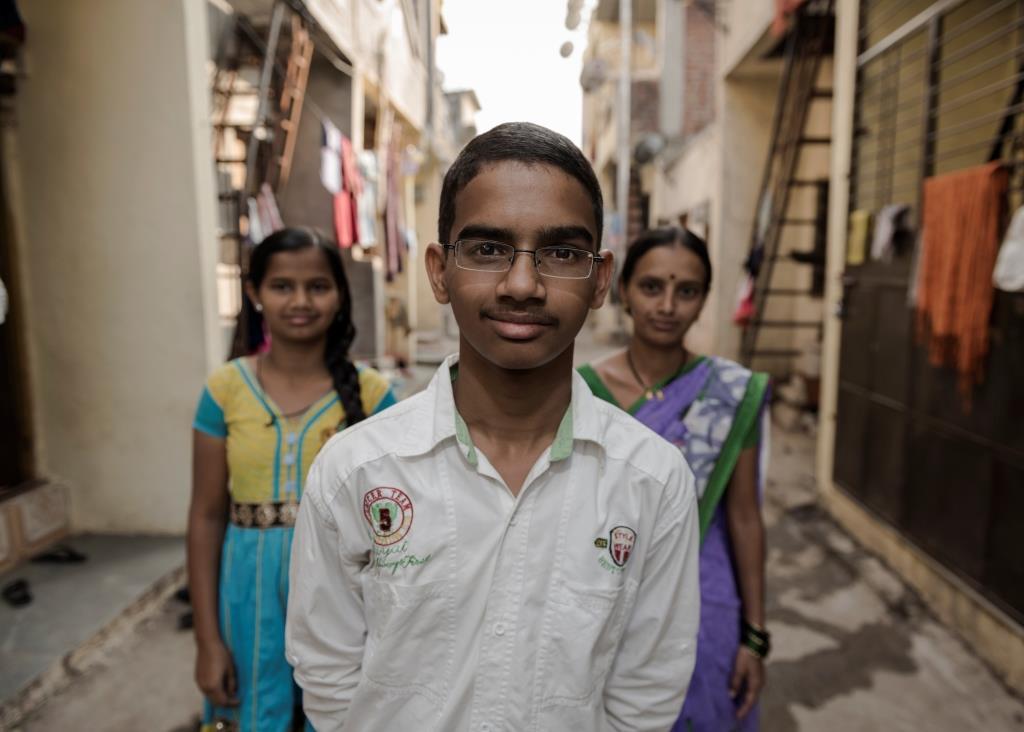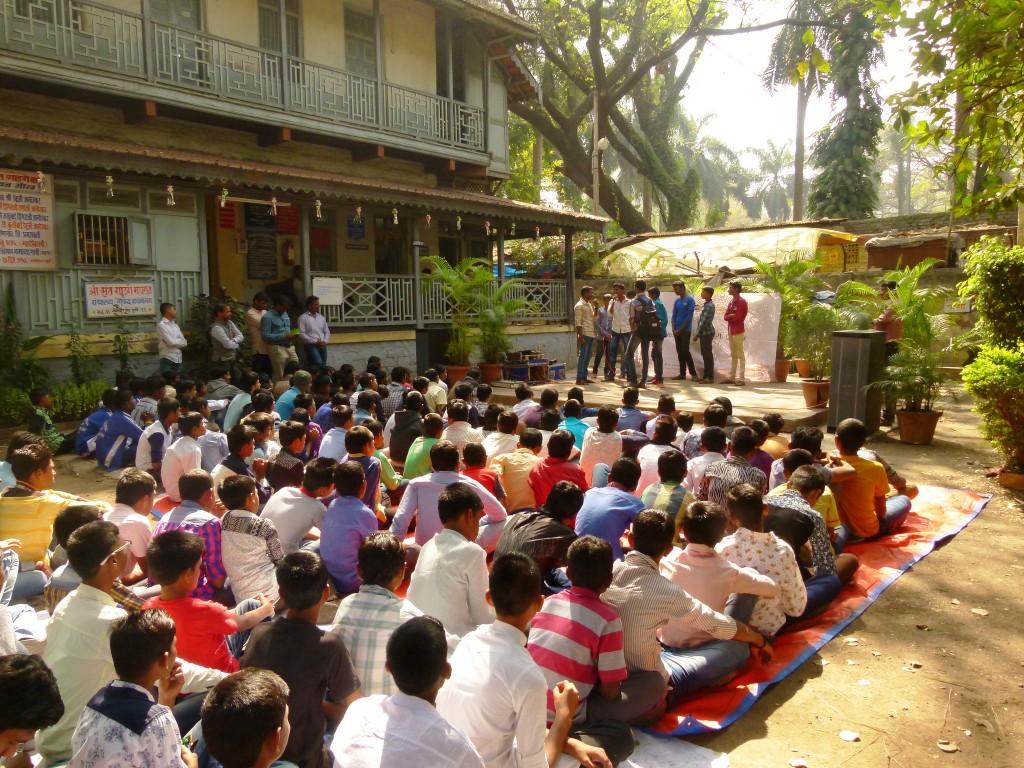Welcome to the second part of our Inspirational Interview with Rujuta Teredesai-Heron, co-founder of the Equal Community Foundation.
You can find the first part of the interview here.
Unless otherwise noted, all pictures courtesy of Alex Sunshine/Equal Community Foundation.
________________________________________________________________

6. Young men and their mentors work together for 45 hours over a 15-week period through the Equal Community Foundation (ECF). How do you help ensure the tools they receive and lessons they learn survive and are practiced beyond the 15 weeks?
ECF’s Action for Equality Programme is divided into three parts: Foundation Programme (15 weeks), Action Programme (15 weeks) and Leadership Programme (on-going).
- The Foundation Programme’s focus is on building participants’ knowledge about the issue. Through our structured curriculum we enable the participants to practise critical thinking.
- The Action Programme builds on Foundation Programme and provides the graduates of first stage an opportunity to practise what they have learnt by volunteering on weekly basis to create awareness about the issues they have learnt within their communities.
- The Leadership Programme builds on Action Programme and equips active volunteers with skills to mobilise their communities on this issue. Through the programme we look at participants to bring about change at the personal, family and community level. Our involvement gradually decreases and the participants start taking a lead.
Our aim is to ensure that in few years time an organisation like ECF is no longer needed in these communities.
7. The ECF measures the impact of its work by interviewing the mothers and sisters of the men and boys participating in its programmes. What are some of the most significant changes that the ECF and the women and girls interviewed have found in the men and boys participating in your programmes?
Based on one of the recent assessment studies, a huge majority of participants have demonstrated their knowledge of violence and discrimination against women by being able to identify it (92%) and by showing their understanding of the impact (85%) and root causes (82%) of gender based violence and discrimination.
In practice, women and girls have reported participants of the programme to have:
- Increased support in completing domestic chores
- Reduced participation in acts of street sexual harassment
- Increased advocating for girls’ education, preventing cases of dowry, preventing child marriage
8. What advice would you give to the mentors, teachers, parents, and role models about teaching and galvanising young boys and men about tackling the issue of violence and discrimination against women and girls?
- First and foremost – believe in the fact that boys and men can and want to change.
- Be careful about the language you use to ensure it is not accusatory in any way. No productive dialogue can start based on an accusation.
- Engage boys and men not to “do something good for women” but help them understand that they need to work for gender equality which includes and benefits them.
- Recognise your own role in this movement. Let us redirect the conversation from ‘Men need to change their mindset’ to ‘let us raise men’. We have the collective responsibility of forming an enabling environment that supports and encourages the change in boys and men.
9. How can The Pixel Project’s supporters engage with and support the ECF’s work?
The Pixel Project’s supporters can engage with ECF’s work in multiple ways:
- Help us spread the word about the work we do, our approach and stories of our participants: visit us at www.ecf.org.in; Like us and share our posts on Facebook; Engage with us on Twitter.
- Donate to support work we do.
- Volunteer with us. You need not be a gender expert. There are multiple areas where we could use your support such as finance, communication, research, programme design and management. Contact us with your CV and we can identify ways to collaborate.
- If you or someone you know would like to adopt our model, then please do contact us.
10. In your considered opinion, how can we end violence against women for good?
Without trying to oversimplify it, we can end violence against women for good if:
- We consistently invest in prevention as well as post intervention
- We engage boys and men along with women and girls
- We focus on addressing the root causes and aim for systemic change.
